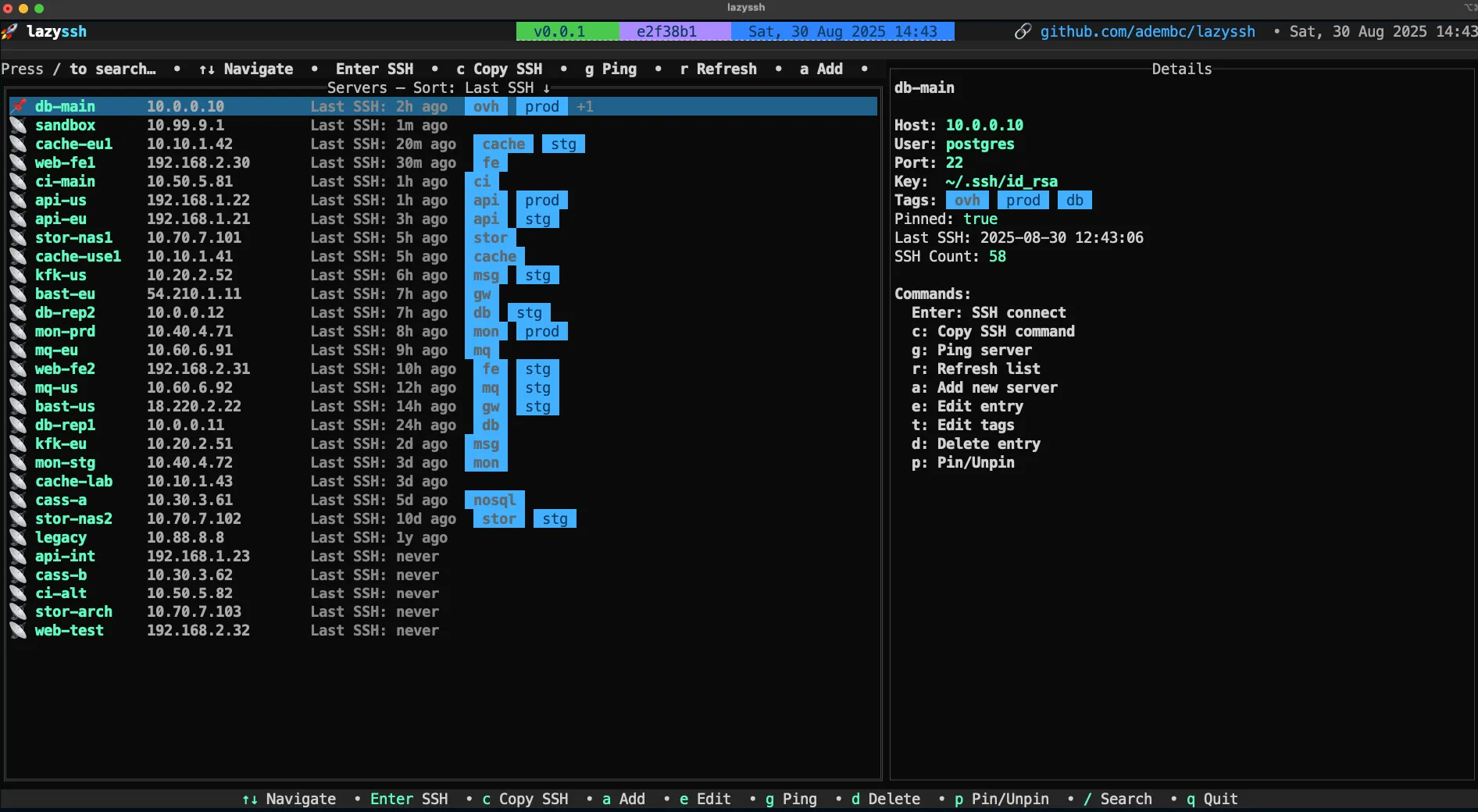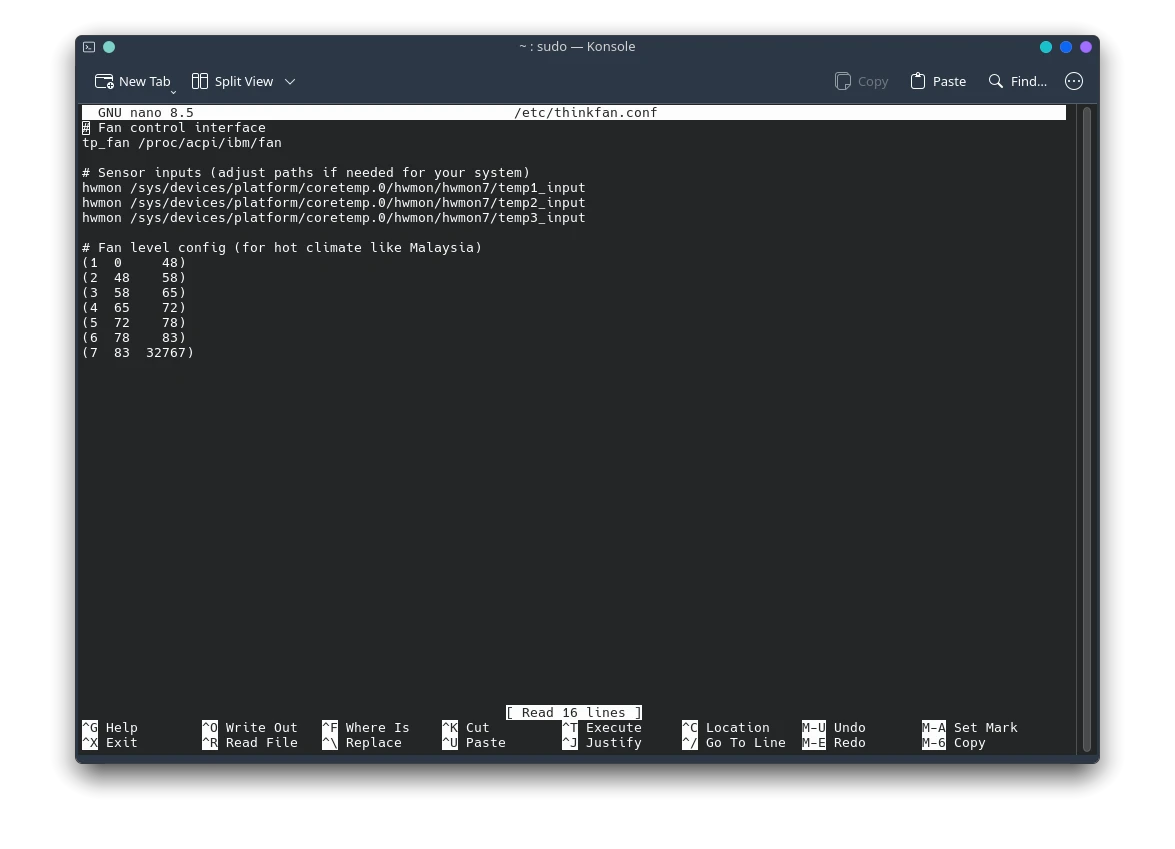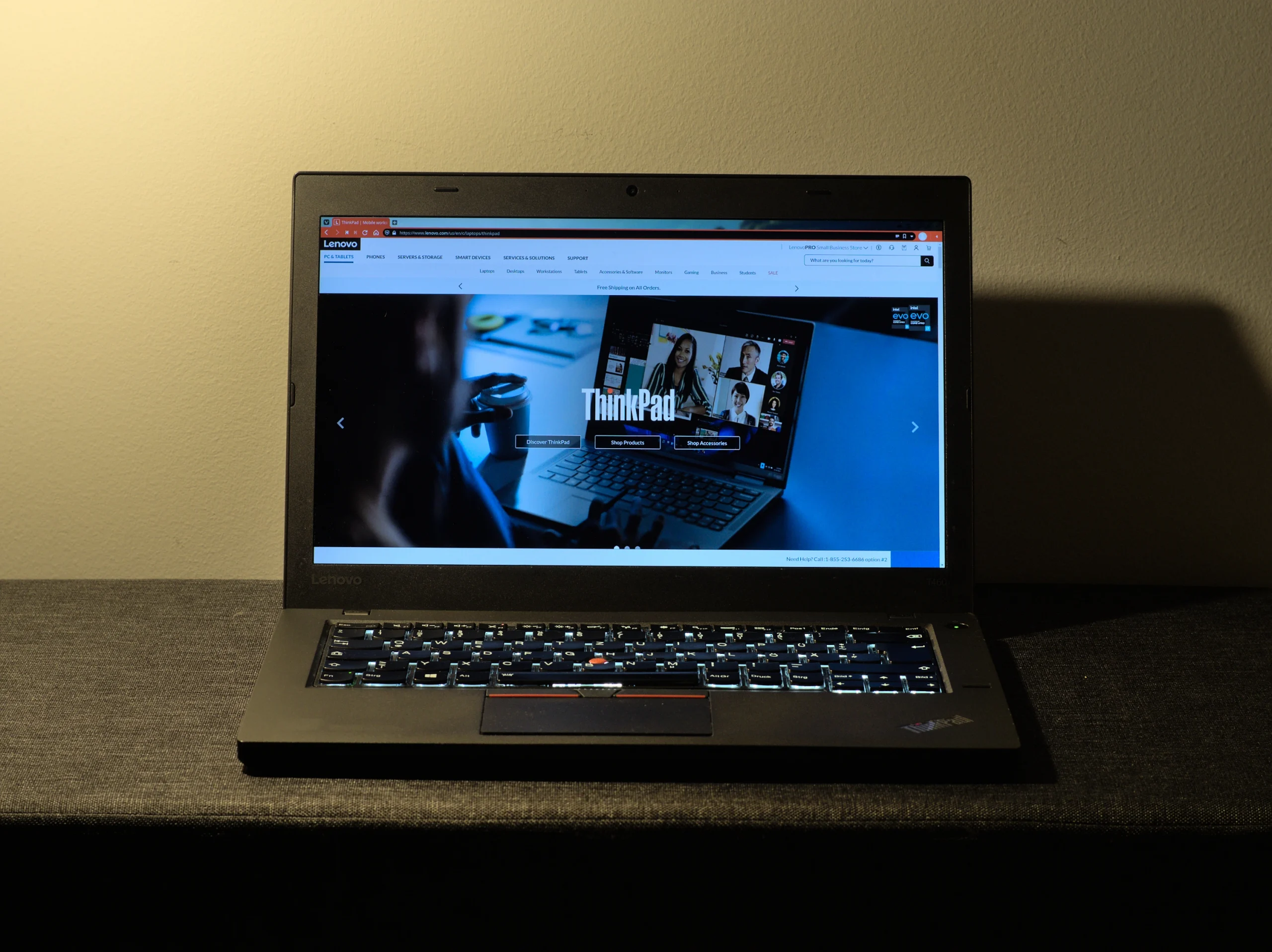Exploring Ubuntu Touch: A Comprehensive Guide
Introduction:
Ubuntu Touch, a mobile operating system developed by Canonical, offers a unique experience in the world of smartphones and tablets. From its intriguing history to its vibrant community and growing list of supported devices, Ubuntu Touch continues to evolve, offering users a secure, open-source alternative to mainstream mobile platforms. Let’s delve into the depths of Ubuntu Touch to uncover its journey, development, community, supported devices, and its current version.
History:
The story of Ubuntu Touch dates back to 2011 when Canonical, the company behind the Ubuntu operating system, announced its ambitious goal to create a unified platform for desktops, tablets, and smartphones. Development began in earnest, leveraging Ubuntu’s robust Linux-based architecture and the Unity interface. Initial versions focused on creating a responsive and intuitive user experience, with a strong emphasis on convergence – the ability to seamlessly transition between different form factors.
Development:
Ubuntu Touch underwent several iterations, with Canonical releasing developer previews and betas to gather feedback and refine the platform. Despite facing challenges and setbacks, the development community remained dedicated, contributing code, testing builds, and providing support. Canonical’s decision to shift focus away from smartphone and tablet development in 2017 led to the community-driven UBports project taking over maintenance and further development of Ubuntu Touch. This transition breathed new life into the platform, fostering innovation and community collaboration.
Community:
The Ubuntu Touch community is a vibrant ecosystem of developers, enthusiasts, and users passionate about open-source software and mobile technology. Through forums, IRC channels, and social media groups, community members exchange ideas, troubleshoot issues, and collaborate on improving the platform. UBports organizes regular events, hackathons, and development sprints to foster community engagement and drive the evolution of Ubuntu Touch. This grassroots movement ensures that Ubuntu Touch remains true to its open-source roots while embracing the diverse needs of its users.
Supported Devices:
One of the strengths of Ubuntu Touch lies in its versatility and compatibility with a wide range of devices. Thanks to the efforts of the UBports community, Ubuntu Touch is available on various smartphones and tablets from manufacturers such as Fairphone, OnePlus, and Sony. The UBports Installer simplifies the process of installing Ubuntu Touch on supported devices, allowing users to experience the platform firsthand without extensive technical knowledge. With each new release, the list of supported devices continues to grow, showcasing the adaptability and resilience of the Ubuntu Touch ecosystem.
Conclusion:
Ubuntu Touch represents a compelling alternative in the competitive landscape of mobile operating systems. From its humble beginnings to its flourishing community and expanding device support, Ubuntu Touch continues to defy expectations and carve out its niche in the mobile world. Whether you’re a developer looking to contribute to an open-source project or a user seeking a secure and customizable mobile experience, Ubuntu Touch offers a platform ripe for exploration and innovation. Join the Ubuntu Touch community today and embark on a journey towards a mobile future built on freedom, transparency, and collaboration.






Post Comment